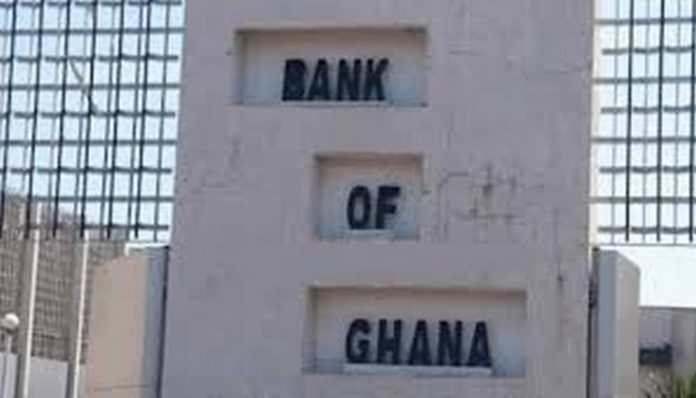On August 20, 2025, the Bank of Ghana (BoG) issued a directive to banks aimed at protecting the cedi’s stability against major foreign currencies.

The instruction is straightforward: large companies can no longer withdraw foreign currency they have not actually deposited with a bank.
Previously, corporations could walk into a bank and access dollars even without depositing any, or they could withdraw more than they had put in.
For example, if a mining company had deposited $100, it could still withdraw far more than that. Under the new rule, a company can only take out what it has actually deposited. If it hasn’t deposited any dollars, it cannot withdraw any.
The central bank frames this as a measure “to safeguard market stability.” It is targeted mainly at oil distribution companies and mining firms.
What changes in practice?
The Bank of Ghana insists this will not disrupt legitimate operations. Companies will still have access to foreign exchange to pay for legitimate imports, provided they come with proper documentation.
What the directive ends is the practice of companies drawing, say, $1 million from a bank without having deposited $1 million in the first place.
Reports are that some firms abused this system by hoarding dollars, moving them between accounts, or keeping them purely for speculation (betting that the cedi would weaken so they could profit). Each time this happened, it put unnecessary pressure on the local currency.
This directive comes as part of wider efforts by the Bank of Ghana to defend the cedi. The currency started the year at GH¢14.7 to the dollar, appreciated sharply to GH¢10.3 by July, and has since stabilised between GH¢10.3 and GH¢10.95.
The central bank has been accused of propping up the currency by aggressively injecting liquidity, with $1.4 billion supplied to the market in the first three months of 2025 alone.
Still, the Bank argues stability is essential, and it is.
Other measures include stricter reporting requirements for remittances and a clampdown on fintech firms breaking remittance rules. Remittances brought in $3.9 billion in the first half of 2025, up from $3.6 billion in the same period last year.
However, the appreciation of the cedi has reduced inflows by nearly 50 per cent in recent months.
Fortunately, high gold prices continue to provide a cushion, giving the Bank of Ghana breathing room to enforce tighter controls.
Companies, meanwhile, have raised concerns that some government agencies peg their fees to the dollar and collect the cedi equivalent, often at inflated exchange rates.
For true currency stability, all transactions in Ghana should be priced transparently in cedis. While enforcing this across the private sector may be difficult, the government can at least set the example by requiring its own agencies to comply.
This new directive is positive for the cedi if implemented smoothly. Companies will still be able to access dollars for legitimate imports, but speculative withdrawals that put pressure on the currency will end.
In the end, Ghana’s economy runs on the cedi, and the Bank of Ghana is betting that stricter discipline will keep it strong.
Source: Caleb Wuninti Ziblim, JoyNewsResearch | caleb.ziblim@myjoyonline.com


